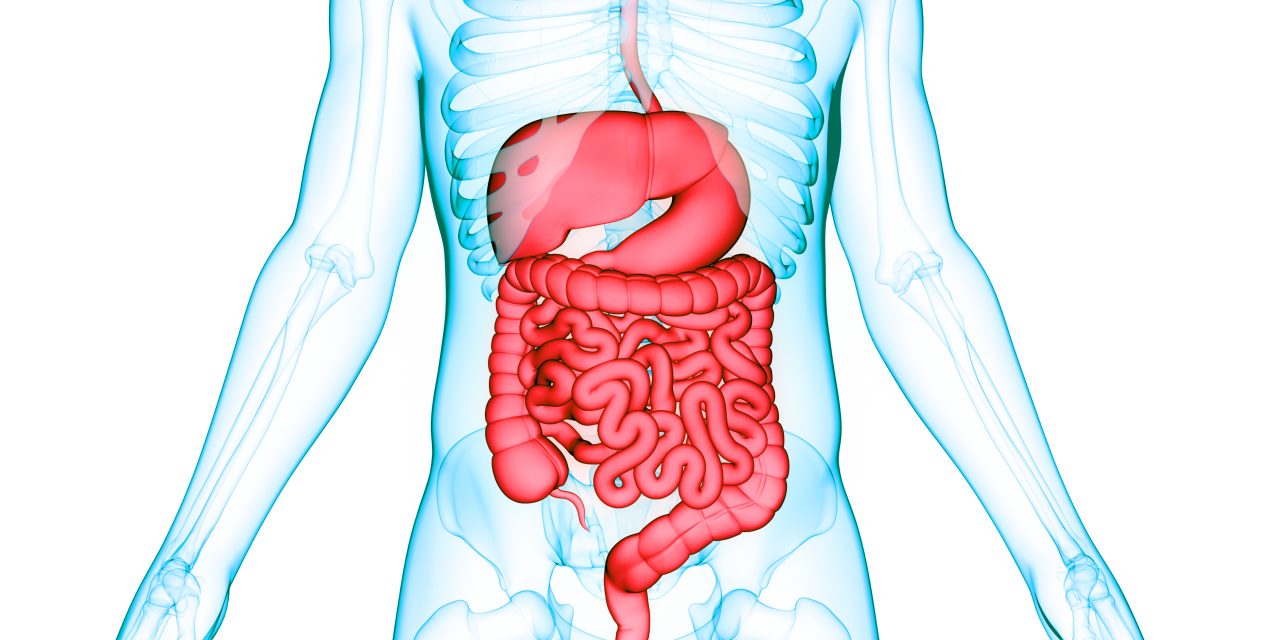Primary biliary cholangitis (PBC) is an autoimmune liver disease that causes bile and other toxins to build up in the liver. Recent evidence suggests that obeticholic acid can be a safe and effective treatment for PBC, but more concrete research on the topic is required. This study aims to evaluate the efficacy and safety of the use of obeticholic acid in the treatment of PBC.
This is a double-blind phase trial that included a total of 193 patients with PBC with inadequate response to or intolerance to ursodeoxycholic acid. The participants were randomized to receive placebo, obeticholic acid 5 to 10 mg, or obeticholic acid 10 mg once daily for 12 months. The primary outcomes of the study were cholestasis and liver injury.
In patients in the obeticholic acid groups, there was a significant reduction in alkaline phosphate (ALP) levels and bilirubin concentrations when recorded in 12, 24, 36, and 48 months. Stabilization of bilirubin was also recorded, although there was no significant in total and direct bilirubin levels. No treatment-related serious adverse events were reported.
The research concluded that the long-term use of obeticholic acid in patients with PBC was safe and effective.
Ref: https://www.thelancet.com/journals/langas/article/PIIS2468-1253(19)30094-9/fulltext


